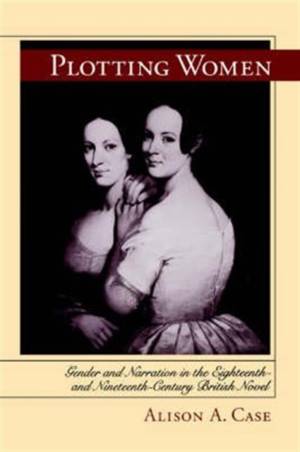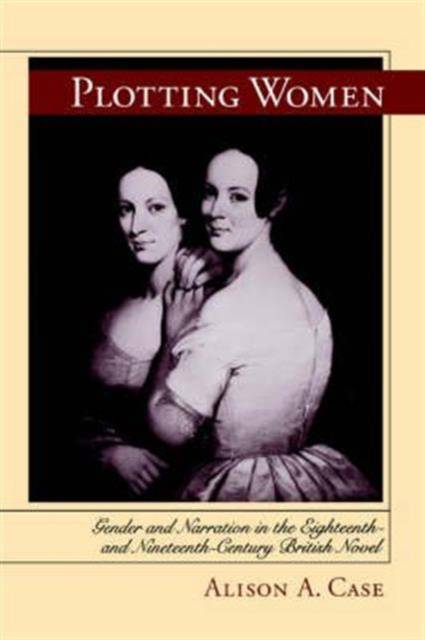
- Retrait gratuit dans votre magasin Club
- 7.000.000 titres dans notre catalogue
- Payer en toute sécurité
- Toujours un magasin près de chez vous
- Retrait gratuit dans votre magasin Club
- 7.000.0000 titres dans notre catalogue
- Payer en toute sécurité
- Toujours un magasin près de chez vous
Description
Is there such a thing as a "woman's voice" in fiction? In the context of feminist criticism, this question is far more problematic than critics once believed. Beyond asking whether certain themes, forms, or styles are linked primarily to women writers, one can examine how womanhood is defined by a culture. The emerging field of feminist narratology builds on these two areas of inquiry, linking form and social construction and giving its practitioners a new set of terms with which to address how a woman tells a story.
Plotting Women applies these new tools to British novels of the eighteenth and nineteenth centuries. Alison A. Case identifies a convention of "feminine narration" characterized by the exclusion of the female narrator from shaping her experience into a coherent, meaningful, and authoritative story. Instead, a male narrator steps in to shape the narrative either within the text or in a pseudoeditorial frame. Case treats Richardson's Pamela and Clarissa as foundational texts in the establishment of this literary convention and then traces its evolution through detailed readings of novels by Smollett, Scott, Charlotte Brontë, Barrett Browning, Dickens, Collins, and Stoker. In giving feminine narration the status of a convention, Case suggests that deviations from it create a deliberate effect. She focuses primarily on texts in which the convention is challenged, reasserted, or reshaped and in which female narrative authority, or lack thereof, plays a central thematic as well as formal role. These struggles over narrative control often represent larger concerns about female power and agency.
In addition to offering a rich and nuanced account of the contestation over women's narrative authority in and among novels of this period, Plotting Women makes a substantial contribution to feminist criticism and the study of the novel more generally by establishing a model of gendered narration that is not directly tied to the gender of authors.
Spécifications
Parties prenantes
- Auteur(s) :
- Editeur:
Contenu
- Nombre de pages :
- 236
- Langue:
- Anglais
Caractéristiques
- EAN:
- 9780813925844
- Date de parution :
- 29-11-99
- Format:
- Livre broché
- Format numérique:
- Trade paperback (VS)
- Dimensions :
- 152 mm x 229 mm
- Poids :
- 349 g

Les avis
Nous publions uniquement les avis qui respectent les conditions requises. Consultez nos conditions pour les avis.






